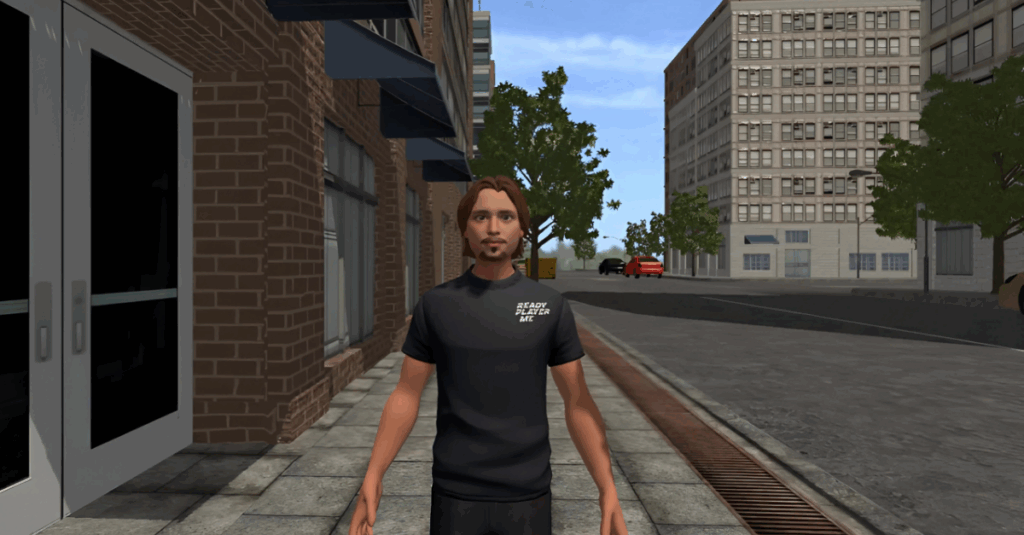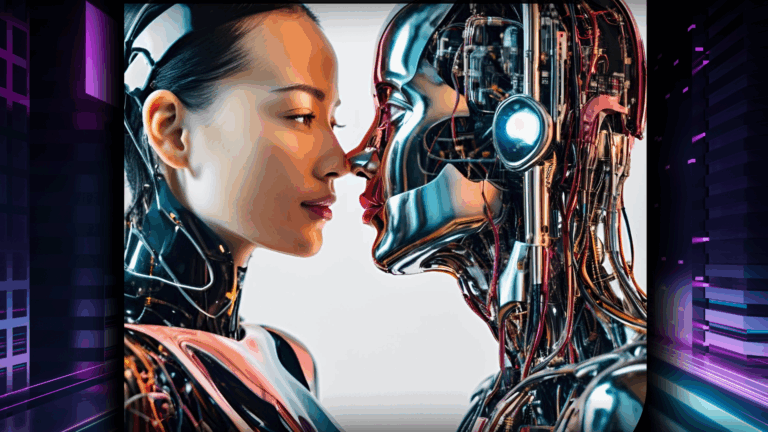From Role-Play to Real-World Readiness: The Power of Custom-Built AI Personas
If every training scenario feels generic, it’s because most of them are. Most organisations still rely on template-based simulations that never adapt to the learner’s tone, context, or environment. They deliver information but rarely develop the emotional intelligence or behavioural depth needed for real-world performance. This shift toward custom AI training is redefining how organisations prepare people for real-world readiness.
Modern learners expect scenarios that feel relevant, personalised, and human. They want practice that mirrors their actual challenges, not generic scripts. That is where custom-built AI personas transform training from one-off modules into living, evolving conversations.
The problem with template training
Most digital learning systems recycle fixed prompts, static characters, and predictable outcomes. Learners may complete the module, but their performance drops the moment the scenario becomes unpredictable or emotionally charged.
Research shows why this happens. A 2025 analysis of AI-supported learning found that static eLearning often produces short-term recall without behavioural transfer because it lacks emotional context and adaptive feedback. The impact of AI on learning outcomes and cognitive development is explored further in the study “Looking Beyond the Hype: Understanding the Effects of AI for Cognitive Learning Processes and Outcomes” (Springer, 2025).
Training without context creates confidence without competence.
Training with adaptive emotional intelligence creates readiness.
Why custom AI personas matter
Taika’s Adaptable Persona Architecture allows Virtual Dawn to build VR and PC training experiences that match the learner’s world. Instead of using a single chatbot across multiple industries, we create personalised AI personas with tailored knowledge, tone, and behavioural patterns.
These personas reflect the communication norms, emotional triggers, and decision dynamics of specific roles such as:
- Customer service escalations
- Classroom management
- Field operations
- Healthcare interactions
- Manufacturing and quality control
This is not cosmetic customisation. Each persona evolves over time through Taika’s long-term memory engine, recalling previous interactions, performance history, and emotional cues.
From conversation to collaboration: adaptive persona AI in practice
The demo highlights how Taika adjusts instantly across different use cases. In one example, the learner asks for advice about buying a warm jacket. Moments later, the AI assists with specifications for the CTC Eco Air 400 water heater.
Despite the contrast between the scenarios, Taika maintains:
- Contextual reasoning
- Tone-appropriate responses
- Role-specific expertise
- Emotional awareness
This modular adaptability is enabled by Taika’s layered persona engine, which combines structured persona profiles, long-term memory, and real-time emotional analysis.
Custom-built personas designed for performance
Virtual Dawn’s end-to-end service includes:
- Scenario architecture
Mapping real workflows and communication challenges into branching, dynamic simulations. - Avatar creation
Building characters that reflect organisational culture, diversity, and tone. - Environment design
Reconstructing the physical and emotional settings in which decisions happen. - Long-term memory integration
Allowing each persona to learn continuously from session to session, strengthening behavioural retention.
This holistic design creates an ecosystem where learners practise safely, fail safely, and build instinctive capability through repetition that remembers.

Why this matters for HR, L&D, and education leaders
A 2025 study in the European Journal of Interactive Learning Science found that adaptive persona-based simulation increased behavioural transfer by 42 percent because scenarios incorporated emotional feedback loops and context continuity. The publication “Simulation Based Learning: Transforming Real-World Skills in Virtual Classrooms” reinforces this finding, highlighting the strength of simulation-based learning for real-world skill acquisition (Ozemio, 2025).
For organisations, this means:
- Faster ramp-up times
- Better retention and real-world application
- Reduced operational risk
- Scalable, repeatable, emotionally intelligent practice
For education and training institutions, it creates inclusive, emotionally aware environments that reflect the complexity of human interaction. This is supported by findings on emotional load and AI interaction patterns explored in “The Emotional Cost of AI Chatbots in Education” (ScienceDirect, 2025).
From simulation to transformation
Custom-built AI personas do not replace instructors. They enhance authenticity by providing continuous, adaptive practice aligned with each learner’s development. They bring context, emotion, and variability into training, shifting the experience from scripted practice to real-world preparedness.
In the next era of learning, AI will not simply answer questions.
It will build character, competence, and confidence.
These custom-built personas work across VR training, PC simulations, and hybrid learning environments.
Transform How Your Team Learns
Empower your team with emotionally intelligent, immersive training experiences that turn knowledge into lasting behaviour and real-world performance.



